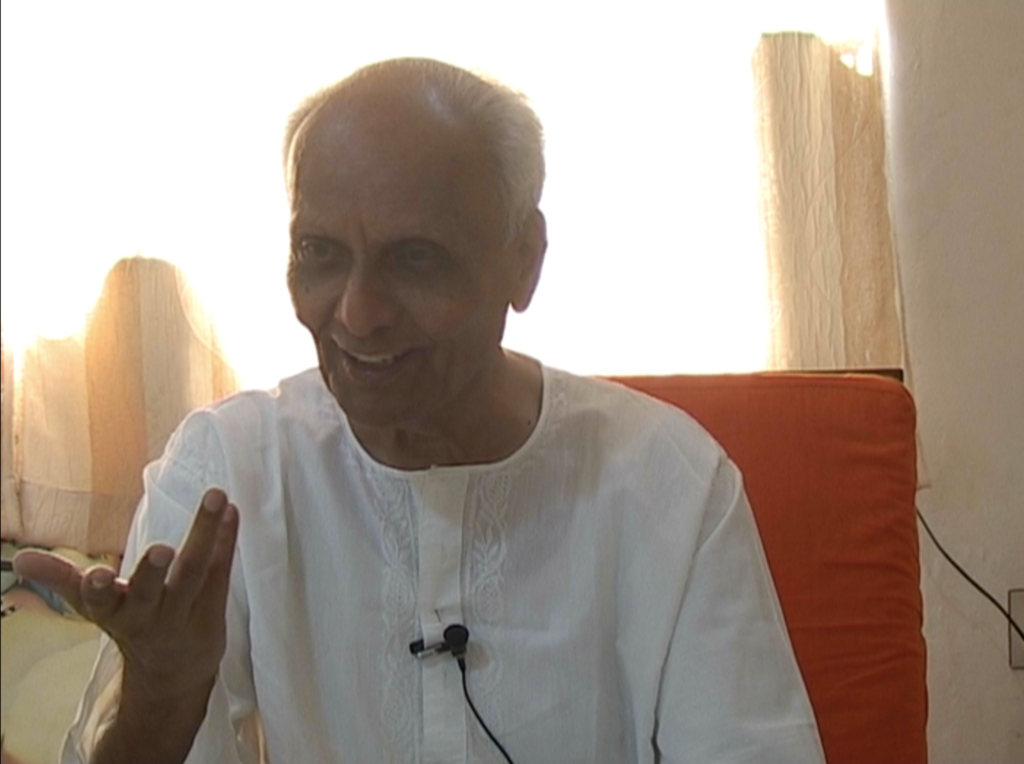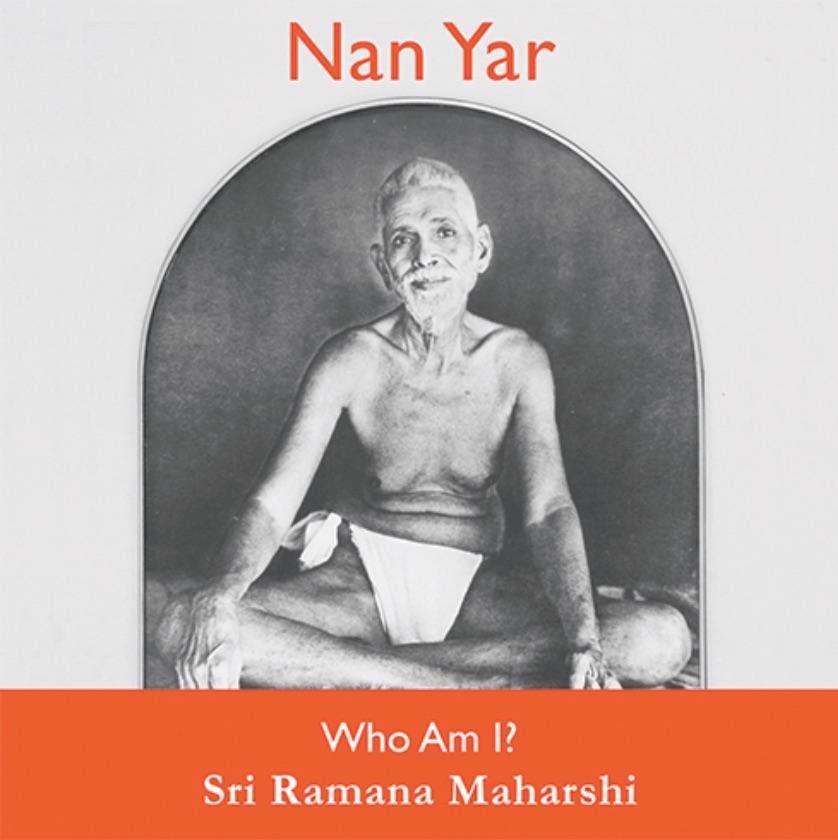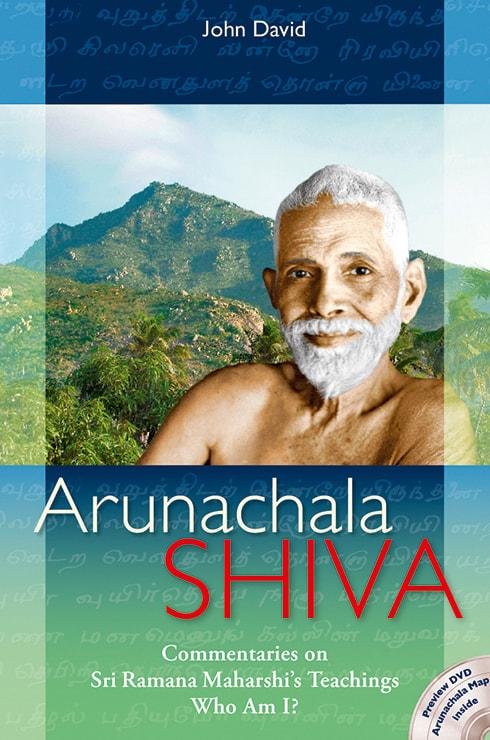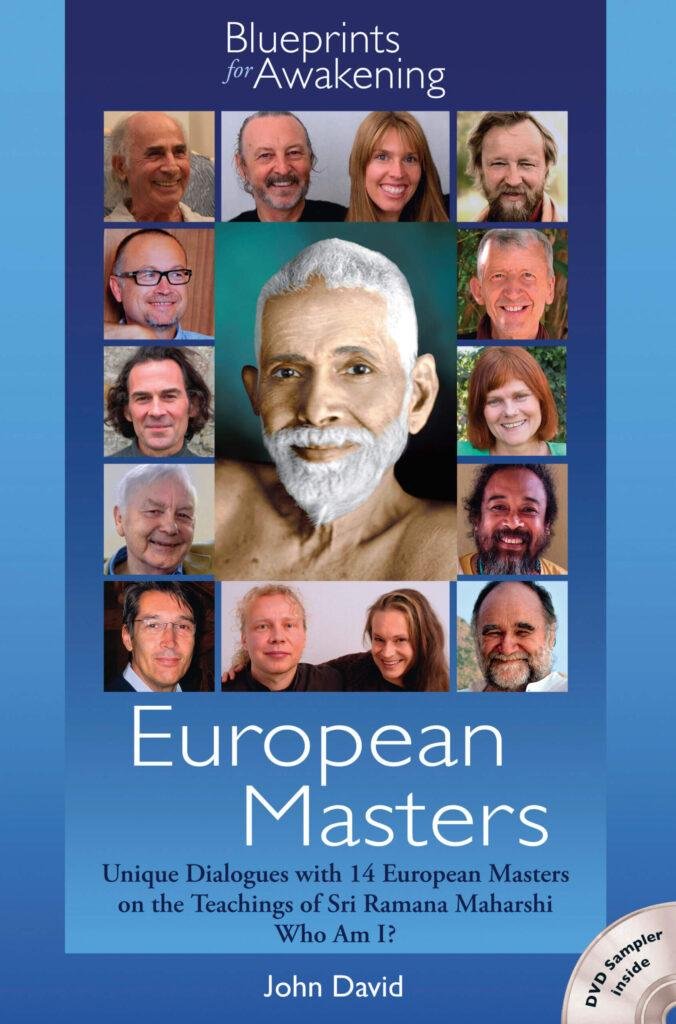D. B. Gangolli
Naturally mind must not be destroyed.There is no question of destroying a thing which doesn’t exist.
– D.B. Gangolli
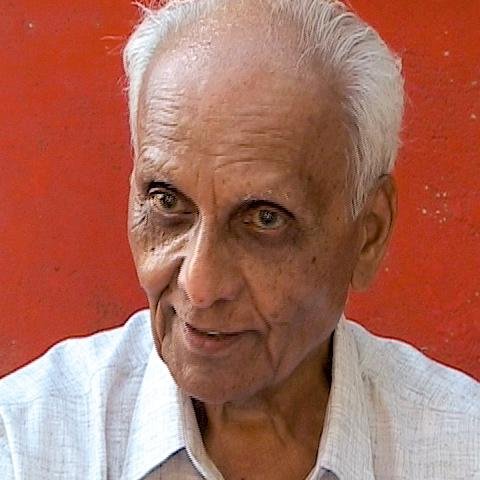
Full Interview with Ajja by John David
D.B. Gangolli
I met Gangolli in 2003 at his simple apartment in Bangalore. He was in his mid-eighties, a little frail, a gentleman in the British mould.We dialogued about his beloved Vedanta for three days. In 2006 I invited him to speak at our Arunachala Pilgrimage Retreat where I experienced his joy to share Vedanta with a large group. He lived his life as a householder, raising a family and working as a senior sports writer for the Times of India. He authored many books on Vedanta. He left the body in 2006.
– John David
Questions and Answers
Many Western seekers come to India looking for enlightenment as if it is an experience. What is enlightenment?
Are there any qualifications for enlightenment? Is sadhana (spiritual practice) necessary? If yes, what form do you advise?
Sri Ramana said that Self-enquiry is the most direct route to realising the Self. What do you say about Self-enquiry? How to conduct Self-enquiry?
When Sri Ramana was asked, ‘When will the realisation of the Self be gained?’ he replied, ‘When the world which is what-is-seen has been removed, there will be realisation of the Self which is the seer.’* What is the true understanding of the world? How to remove the world?
It has been suggested that the mind must be destroyed for liberation to occur. Do you have a mind? Sri Ramana used the term manonasha to describe the state of liberation, meaning destroyed mind. How to destroy the mind?
What about vasanas, the tendencies of the mind? Must these be removed before Self-realisation can become permanent? Is it enough to achieve asattvic (calm and peaceful) state of mind and to know one’s vasanas so that they no longer bind? How to remove the vasanas?
It appears essential to meet a guru and stay with that guru. Who is the guru? What is the guru’s role? How to recognise a true guru?
At the end of his book, Self-Enquiry, Sri Ramana says, ‘He who is thus endowed with a mind that has become subtle, and who has the experience of the Self is called a jivanmukta.’ Is this the state that can be called Self- realised?
He goes on, ‘And when one is immersed in the ocean of bliss and has become one with it without any differentiated existence, one is called a videhamukta. It is the state of videhamukti that is referred to as the transcendent turiya (state). This is the final goal.’ Is this the state that can be called enlightenment?
Sri Ramana’s devotees had tremendous devotion to him, and he to Arunachala. Please say something about bhakti, devotion, in the pursuit of awakening.
Seekers often have curious ideas about the enlightened state. Please describe your typical day and how you perceive the world.
You have given us a profound discourse on awakening. When you meet a passion for awakening, what would your short advice be?
Gangolli's teachings
Understanding the Self
D.B. Gangolli emphasizes the importance of self-realization in the path to enlightenment. He teaches that understanding one’s true nature as the eternal Self (Atman) is crucial. This realization involves discerning the self from the non-self (the physical and mental entities), a fundamental tenet of Advaita Vedanta philosophy. This introspection leads to the understanding that our true self is not the body or the mind but the unchanging pure consciousness.
Role of Guru
According to Gangolli, the guidance of a guru is indispensable on the path to enlightenment. He believes that a guru not only imparts wisdom and knowledge but also serves as a living example of enlightened living. The guru’s presence and teachings help disciples navigate the spiritual path, overcome obstacles, and understand complex spiritual truths, especially those related to the nature of reality and self.
Meditation Practices
Gangolli advocates regular meditation as a means to cultivate an inner silence and stillness necessary for spiritual growth. Through meditation, individuals can explore deeper levels of consciousness and gradually detach from material attachments. This practice helps in fostering a direct experience of the Self, which is essential for enlightenment.
Scriptural Study
The study of sacred texts like the Upanishads and Bhagavad Gita is another critical aspect of Gangolli’s teachings. He interprets these texts as providing the blueprints for understanding the mind, the universe, and the ultimate reality—Brahman. By studying these works, individuals can gain insights into the nature of existence and the means to transcend it.
Living a Virtuous Life
Lastly, Gangolli emphasizes the importance of living a life of moral integrity and purity. Ethical living prepares the ground for deeper spiritual practices and enlightenment. It involves not only adhering to societal norms of good behavior but also cultivating personal virtues like honesty, patience, compassion, and non-attachment. These qualities are seen as essential for maintaining mental peace and focus, which are prerequisites for achieving enlightenment.
appears in
Blueprints for Awakening – Indian Masters
Indian Spiritual Masters
John David has been interviewing sixteen important Indian Spiritual Masters. The result is a compendium of astonishing wisdom about the biggest secret of all times: the Nature of our True Self and how to realise it.
This boock answers all questions of the spiritual search and is for everyone who has an inner passion to find out who they are.
Published in two volumes.
D.B. Gangolli is part of Volume I.
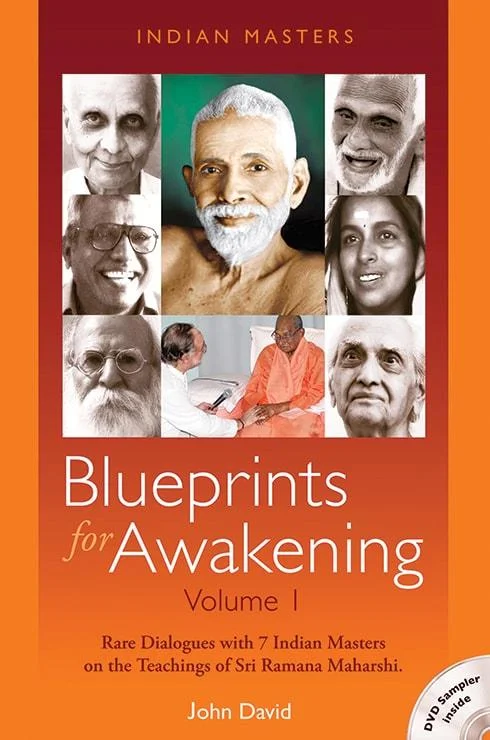
Other Ramana Maharshi Books
NEW: Aham Sphurana – A Glimpse of Self Realisation
Fascinating dialogues and stories of Sri Ramana Maharshi recorded by Sri Gajapathi Aiyyer in the summer 1936, at Ramana Ashram.
This book contains a selection from the complete manuscript Aham Sphurana. This selection, a brilliant treasure, speaks for itself. Beside the detailed teachings on Self-Enquiry, Surrender and Jnana, it exposes a new glimpse of Bhagavan’s personal day-to-day life at fifty-six, in his middle age.
The Book is available in English and German, as Ebook and Paperback.
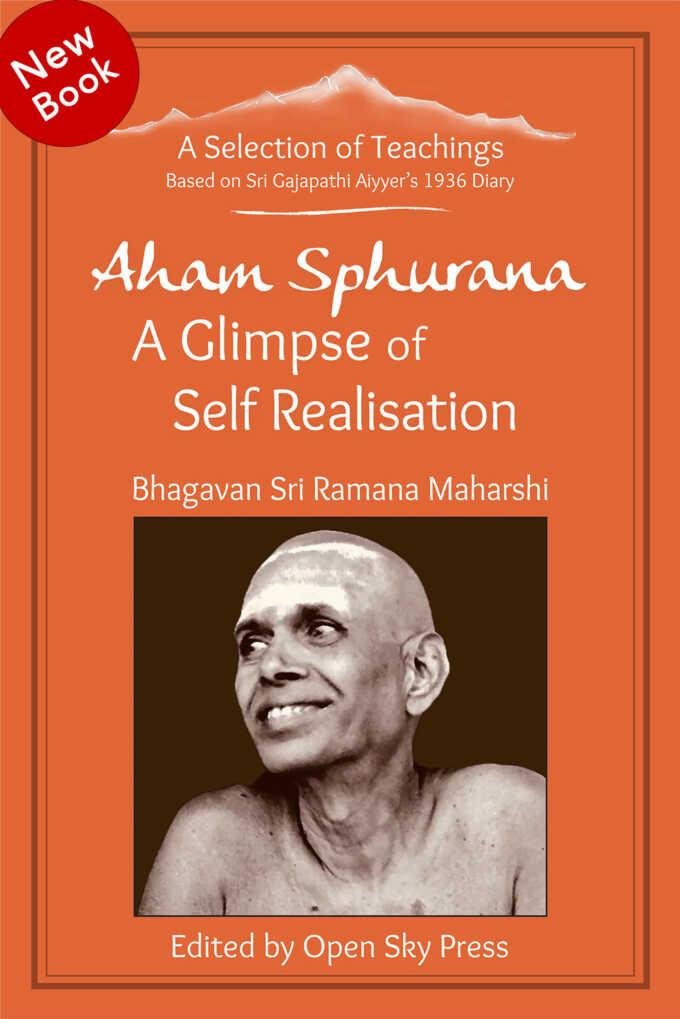
Biography
D.B. Gangolli is a distinguished author and scholar in the field of Advaita Vedanta, a school of Hindu philosophy and spiritual practice. His extensive body of work has contributed significantly to the understanding and dissemination of Vedantic teachings through a modern lens.
Early Life and Education
Details about D.B. Gangolli’s early life are sparse, but his writings reflect a deep scholarly engagement with classical Hindu philosophy, suggesting a robust educational background in religious studies and Sanskrit.
Literary Contributions
Gangolli has authored several important works that explore complex philosophical themes with clarity and depth. Notable among these is “Advaita Pancharatnam: An Introduction to The Spiritual Science of Advaita Vedanta in Five Verses,” which simplifies the profound teachings of Vedanta into accessible elements for the lay reader.
Focus on Vedanta
His writings often discuss the life and teachings of ancient sages such as Adi Shankara, illustrating their relevance in contemporary spiritual practice. His book, “The Basic Tenets of Sankara Vedanta,” is particularly noted for its insightful analysis and comprehensive treatment of Sankara’s doctrines.
Influence and Philosophy
Gangolli’s philosophical narratives underscore the practical aspects of Vedanta, aiming to make spirituality accessible to people’s daily lives. He discusses how personal challenges and spiritual quests are interlinked, offering guidance for overcoming personal barriers through spiritual wisdom.
Legacy
D.B. Gangolli remains a vital figure in spiritual literature, with his works continuing to inspire and educate those interested in Hindu philosophy and the pursuit of spiritual growth. His teachings emphasize the unity of existence and the importance of discovering one’s true self as the path to ultimate reality.
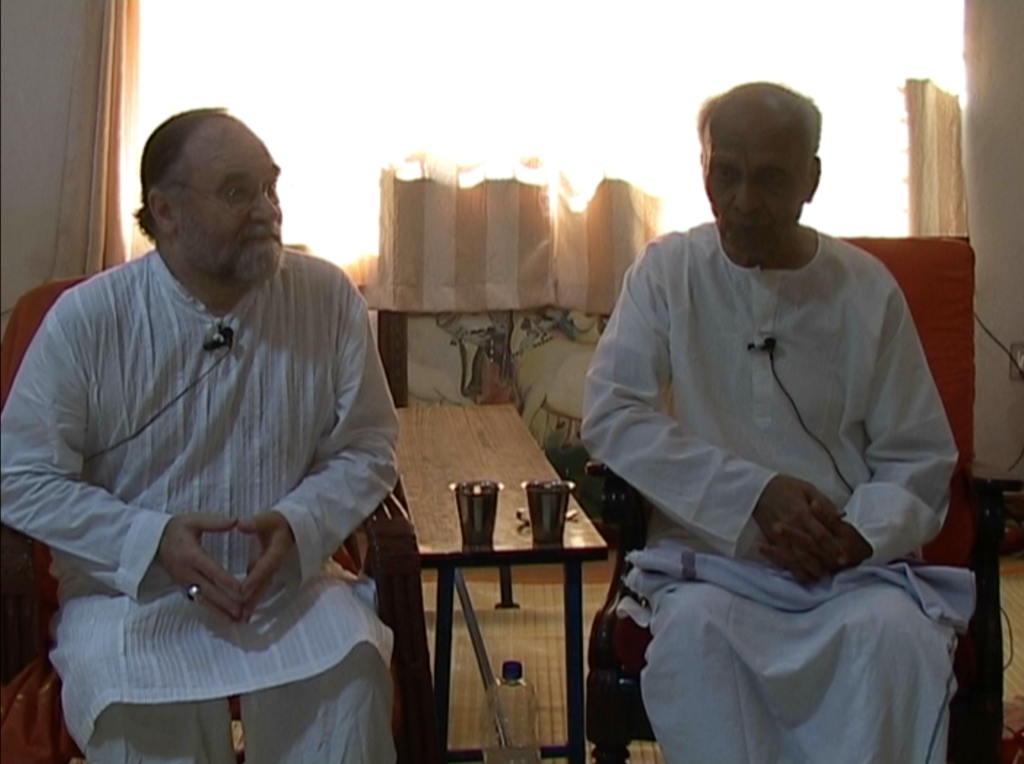
In deep sleep even the ego goes out of existence. Nobody will be able to say in deep sleep there is duality of any kind. It is absolute absence of duality. In other words, it is non-duality, it is pure consciousness – which can never be understood by the mind.
– D.B. Gangolli
